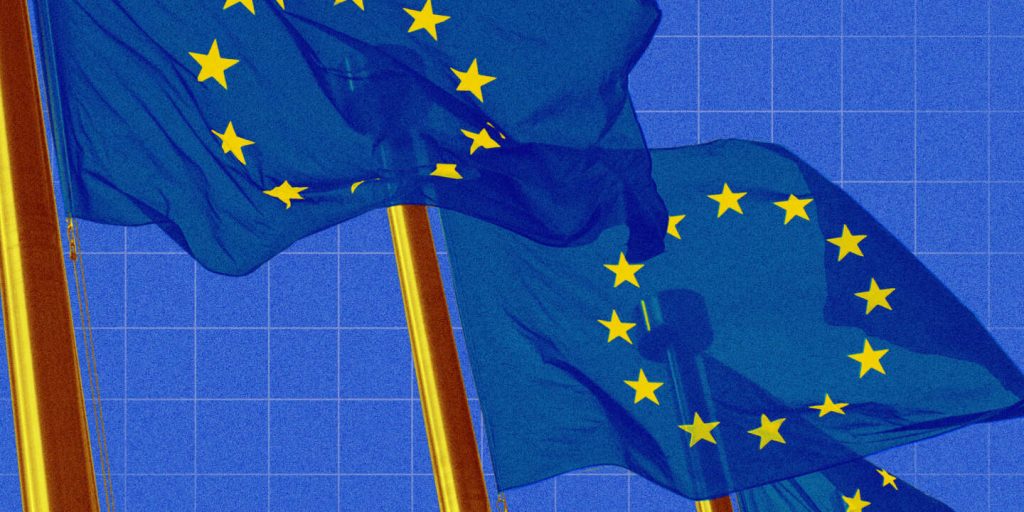The Prime Minister of Slovakia, Robert Fico, is in critical condition after being shot multiple times, but he is not in a life-threatening situation at the moment. He underwent a successful surgery, according to Vice-Prime Minister Tomas Taraba, who stated that he believes Fico will survive. The attack, described as a “political attack” by Defense Minister Robert Kaliniak, took place in Banska Bystrica, in central Slovakia, where Fico was airlifted for treatment.
The suspect apprehended in connection with the attack is a 71-year-old man from a small town near Handlova. He used to work as a supermarket security guard and had a small literary club, but his attempts at writing poetry did not gain much attention. He had posted a video on YouTube seven years ago expressing his desire to start a political party “against violence,” while also sharing writings that were strongly anti-migrant and anti-Roma. The motivations behind his attack on the Prime Minister remain unclear.
Robert Fico, who returned to power as Prime Minister in October, has made controversial statements in the past, questioning Ukraine’s sovereignty and cutting off military aid to the country. He has also been critical of sanctions against Russia, but in April, he changed his stance on the conflict in Ukraine, advocating for a peaceful solution that respects the country’s territorial integrity. Fico, a former member of the Communist Party, founded his own political party and rejects labels like “populist” and “demagogue.”
The leaders of the European Union institutions have condemned the attack on Prime Minister Fico. Ursula von der Leyen, President of the European Commission, called it an “abhorrent attack” and emphasized that such acts of violence have no place in society and undermine democracy, which is our most valuable common asset. The EU is closely monitoring the situation in Slovakia and is committed to supporting the country in maintaining stability and democracy.
The incident has sparked concerns about political violence in Slovakia and the wider implications for democracy and security in Europe. The country has experienced political tensions in recent years, with Fico’s return to power raising questions about the direction of Slovak politics. The attack on the Prime Minister highlights the need for strong measures to address political extremism and ensure the safety of public officials in Slovakia and across the European Union.
As Robert Fico recovers from his injuries, the focus will be on the investigation into the attack and the motives behind it. The Slovak government has vowed to respond to the attack appropriately and ensure the safety of its leaders. The incident has also raised broader questions about the challenges facing democracy in Europe and the need for political leaders to address the underlying issues that fuel extremism and violence. Swift action will be crucial in preventing future attacks and maintaining stability in Slovakia and the wider region.


